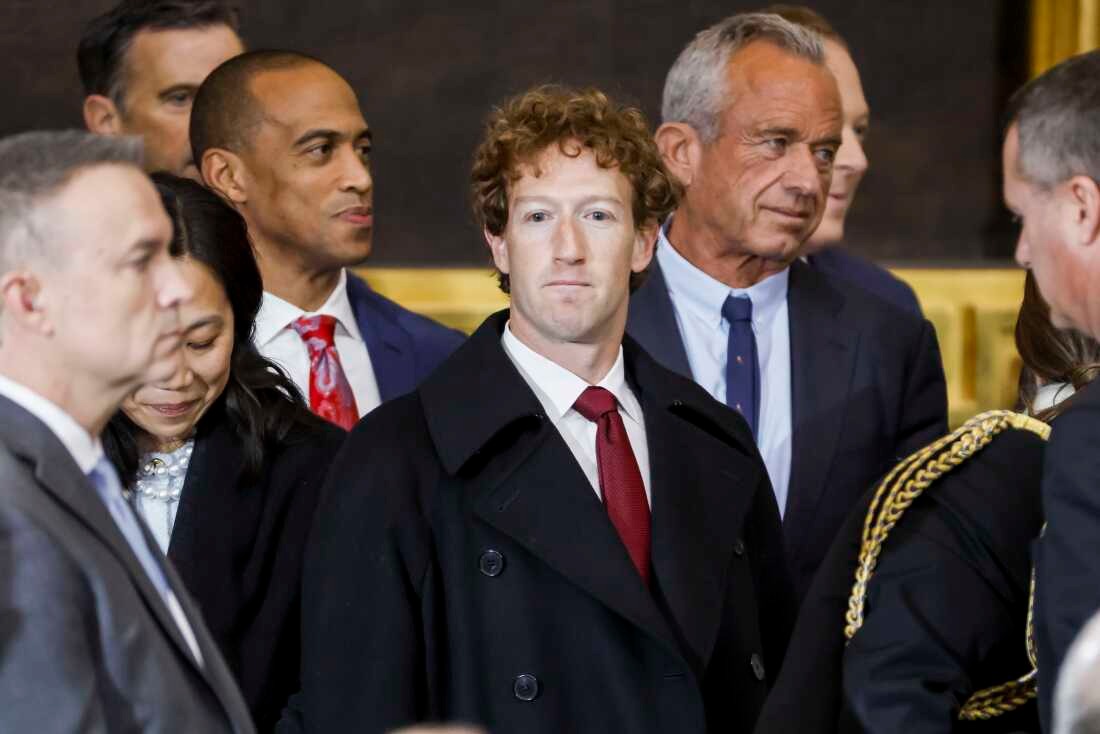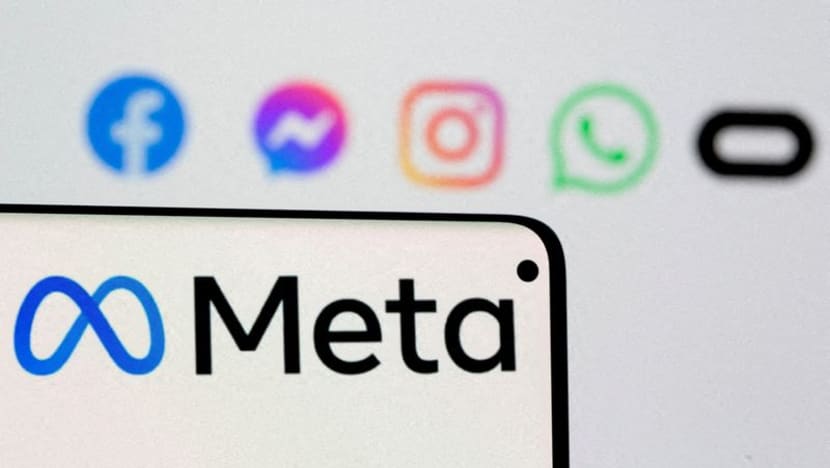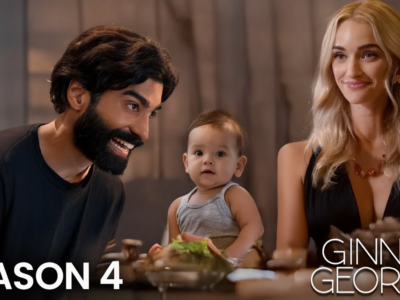
On April 14, 2025, Meta Platforms Inc., the tech giant formerly known as Facebook, entered a federal courtroom in Washington, D.C., to defend its social media empire in a landmark antitrust trial brought by the U.S. Federal Trade Commission (FTC). The case, Federal Trade Commission v. Meta Platforms, alleges that Meta’s acquisitions of Instagram in 2012 and WhatsApp in 2014 were illegal moves to neutralize competition and cement a monopoly in the personal social networking market. With the potential divestiture of Instagram and WhatsApp at stake, the trial, expected to last several weeks, could reshape the social media landscape and set a precedent for how antitrust laws are applied to Big Tech. As Meta CEO Mark Zuckerberg takes the stand, the outcome hinges on complex questions of market definition, consumer harm, and the legacy of past regulatory decisions.
The trial, presided over by U.S. District Judge James Boasberg, marks a critical moment for Meta, whose $1.3 trillion advertising business relies heavily on Instagram, which accounts for over half of its U.S. ad revenue, according to eMarketer. The FTC argues that Meta’s “buy-or-bury” strategy—acquiring promising startups to eliminate competitive threats—violated the Sherman Antitrust Act of 1890. In a 2012 email presented as evidence, Zuckerberg wrote that acquiring Instagram was motivated by a desire to “neutralize a potential competitor,” a statement FTC attorney Daniel Matheson called a “smoking gun” during opening arguments. The agency contends that Meta’s purchases of Instagram for $1 billion and WhatsApp for $19 billion stifled innovation, degraded user privacy, and left consumers with fewer social networking options.
Meta, however, counters that the FTC’s case “defies reality.” In a statement, spokesperson Christopher Sgro argued that Instagram, Facebook, and WhatsApp compete vigorously with platforms like TikTok, YouTube, X, and iMessage. “More than 10 years after the FTC reviewed and cleared our acquisitions, the Commission’s action sends the message that no deal is ever truly final,” Sgro said. Meta’s legal team, led by Mark Hansen, emphasizes that the acquisitions improved user experiences, with Instagram evolving from a 30-million-user app with no revenue into a global powerhouse under Meta’s investment. WhatsApp, meanwhile, has grown into the company’s largest app by daily users, with emerging revenue streams from business messaging tools.
The FTC’s case, first filed in December 2020 during President Donald Trump’s first term, has a bipartisan history. Initially supported by 46 states and territories, the lawsuit was dismissed in June 2021 by Judge Boasberg, who criticized the FTC’s failure to demonstrate Meta’s monopoly power. An amended complaint, filed under then-FTC Chair Lina Khan in August 2021, survived Meta’s motions to dismiss in 2022 and 2024, leading to the current trial. The case now unfolds under new FTC Chair Andrew Ferguson, appointed by President Trump, who replaced Khan in January 2025. Ferguson has signaled readiness to pursue the case, telling Bloomberg, “Our lawyers are raring to go,” but also noted he would follow “lawful orders” from the president, raising questions about potential political interference.
Central to the trial is the definition of the relevant market. The FTC defines “personal social networking services” as platforms where users connect with friends and family, excluding services like TikTok and YouTube, which focus on broadcasting content to broader audiences. Under this definition, the FTC argues that Meta dominates with Facebook, Instagram, and WhatsApp, facing only marginal competition from Snapchat and MeWe. Meta challenges this, asserting that it operates in a broader, highly competitive social media landscape. “If you add TikTok and YouTube, Meta has less than 30% market share,” the company stated, citing time spent on rival platforms. During testimony, Zuckerberg highlighted TikTok’s impact, noting that Meta’s growth “slowed dramatically” as TikTok rose.
Legal experts are divided on the FTC’s prospects. Rebecca Allensworth, an antitrust professor at Vanderbilt Law School, told The Verge that the FTC’s case is among the stronger tech antitrust suits, bolstered by evidence of Meta’s intent to neutralize competitors. However, she cautioned that the case could hinge on market definition, with Meta’s broader view potentially undermining the FTC’s monopoly claims. Paul Swanson, an antitrust attorney at Holland & Hart, noted the challenge of applying 19th-century laws to dynamic tech markets, telling PBS News, “The FTC has the difficult task of defining the market narrowly enough to show Meta’s power, and that challenge has gotten harder as competitors like TikTok emerge.” Judge Boasberg has expressed skepticism, writing in November 2024 that the FTC’s claims “strain this country’s creaking antitrust precedents to their limits.”

The trial’s stakes extend beyond Meta. A victory for the FTC could lead to the first major corporate breakup since AT&T’s in 1984, signaling a tougher stance on Big Tech acquisitions. Instagram, projected to generate $37.13 billion in U.S. ad revenue in 2025, is Meta’s financial cornerstone, while WhatsApp’s billions of users provide valuable data and growth potential. Divestiture could disrupt Meta’s integrated ecosystem, limiting features like cross-posting and potentially weakening safety tools, according to antitrust expert Charlotte Huddleston. It could also chill future tech mergers, reshaping how companies grow. Conversely, a Meta win could embolden Big Tech to pursue aggressive acquisitions, arguing that past deals, once approved, are immune to scrutiny.
Political dynamics add complexity. Zuckerberg’s recent overtures to Trump—including a $1 million donation to Trump’s inaugural fund, the appointment of Trump allies to Meta’s board, and multiple White House visits—have fueled speculation about a possible settlement. Former Labor Secretary Robert Reich posted on X, “Zuckerberg is trying to cash in, lobbying Trump to settle the FTC’s lawsuit. This is why you always follow the money.” Trump’s firing of Democratic FTC commissioners in 2024, despite a 1935 Supreme Court ruling limiting such actions, has raised concerns about the agency’s independence. Commissioner Rebecca Slaughter, now suing to retain her position, warned CNN that Trump’s influence could skew enforcement.
The trial features high-profile witnesses, including Zuckerberg, former COO Sheryl Sandberg, Instagram head Adam Mosseri, and executives from TikTok, Snap, and YouTube. Internal Meta documents, such as a 2012 memo where Zuckerberg discussed “neutralizing” Instagram, are central to the FTC’s case. Meta, however, argues that its investments transformed Instagram and WhatsApp into global leaders, benefiting consumers. “Instagram’s co-founder wanted to personally approve every ad,” Zuckerberg testified, explaining how Meta scaled the app’s revenue model post-acquisition.
Consumer harm is another hurdle for the FTC. Unlike traditional monopolies that raise prices, Meta’s platforms are free, complicating efforts to prove harm. The FTC argues that Meta’s dominance led to degraded privacy protections and more intrusive ads, citing a 2021 New Yorker profile of Lina Khan that criticized Meta’s data practices. Meta counters that competition from TikTok and others forces it to innovate, pointing to increased Instagram traffic during a brief TikTok shutdown in January 2025 as evidence of market rivalry.
The trial’s outcome could take months, with a potential second phase to determine remedies if Meta is found liable. Divestiture would involve complex logistics, possibly requiring Meta to share user data and technology with spun-off entities, overseen by a court-appointed trustee. Market analysts, cited by Mathrubhumi, suggest a settlement is more likely than a full breakup, given the political and economic stakes. Meta’s stock has faced uncertainty, with Wedbush cutting its price target from $770 to $680, reflecting investor concerns.
The case is part of a broader crackdown on Big Tech, with Google and Amazon facing their own antitrust suits. Google’s loss in a 2024 search monopoly case, now entering a remedies phase, may influence Boasberg’s approach. “This is an enormous case,” said UC Berkeley law professor Prasad Krishnamurthy to Quartz. “A breakup would change the communication ecosystem of our culture.”
As the trial unfolds, it tests the limits of antitrust law in the digital age. For Meta, it’s a fight to preserve a business model that reaches billions. For the FTC, it’s a chance to curb Big Tech’s power and foster a more competitive social media landscape. The verdict will shape not only Meta’s future but also how regulators address the dominance of tech giants in an era where social media is a cornerstone of global communication.

